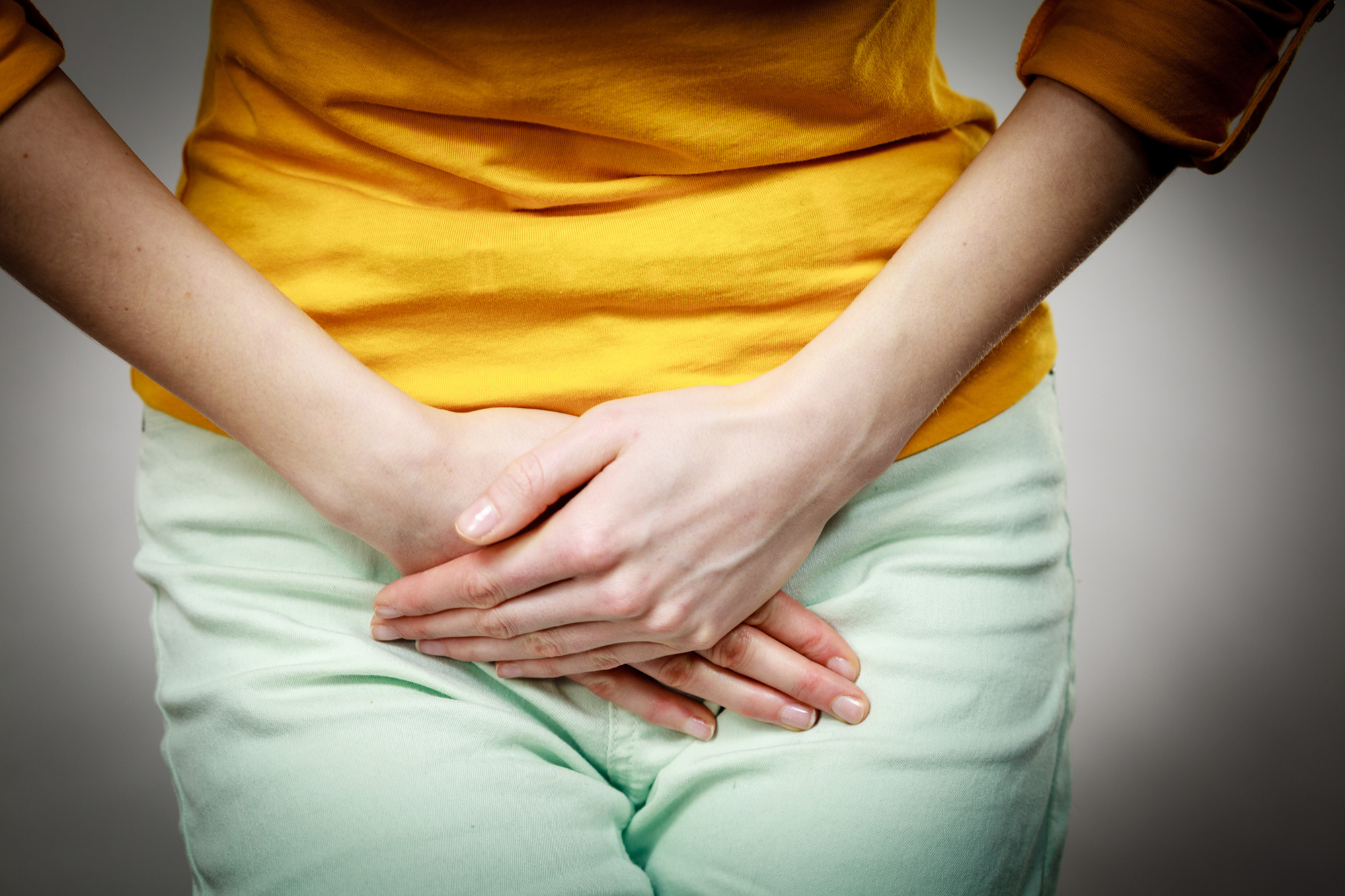
What Is “Frequent” Urination?: Everything You Need to Know
If you’re wondering about your urine health, you’re not alone. Your urine says a lot about your health; the color it is, the way it smells, and even the way you feel while urinating.
Did you know that 1 out of 2 women suffers from urinary incontinence? Even though urination problems are common, they can be difficult to identify.
For example, you could be peeing too much and not even realize it. While the constant sensation to pee is annoying, it can signal a potential problem.
Do you suspect you have frequent urination? Should you call your doctor? Continue reading and know everything about urinary urgency.
How Often Should You Pee?
The average person urinates between four and 10 times a day. But it’s also normal to pee less than this and even more. Different factors affect your urination frequency. What causes urinary frequency? A few examples include:
- How often you drink water
- Your age
- What you drink
- Bladder size
- Any medications
Some conditions may also cause you to urinate more than average. We will details these conditions below.
Tips to Keep a Healthy Urinary Tract
There are simple things you can do daily to keep a healthy urinary tract. If you experience frequent urination, try taking these measures to see if your symptoms subside.
Clean the glands around the urethra daily. Use a gentle and unscented soap.
- Eat foods rich in probiotics
- Avoid wearing tight-fitting pants
- Wear cotton underwear
- Drink about 10 cups of water a day
- Avoid artificial sweeteners, which can irritate the bladder
- Avoid soda, alcohol, and caffeine
There are many myths surrounding urinary problems. For example, women are taught to wipe a certain direction after urinating and avoid hot tubs to prevent urinary infections and other problems. These aren’t proven to cause or prevent urinary infections.
When Frequent Urination Is Normal
We urinate to expel excess liquids. If you occasionally urinate more than normal, it’s likely nothing to worry about. Here are times when you may pee more than often.
Pregnancy and Birth
In women, the bodily changes you experience when pregnant also impact your ability to urinate. The fetus puts more pressure on the bladder, causing frequent urination.
Many women also report urinary frequency and urgency changes in the weeks after giving birth. This could be for many reasons, but likely due to your body expelling extra fluids from your body.
Urinary Tract Infection
A UTI is an infection in the lower part of your urinary system, usually in the bladder and the urethra. If you have a urinary tract infection (UTI), you may feel the sensation to urinate. You may even have difficulty urinating, even though you feel the urge.
Some other common side effects include pain while urinating, pelvic pain, and even blood in the urine.
UTIs are common but affect more women than men. Most UTIs are harmless and usually go away with simple antibiotics. In serious cases, the infection will travel to the kidneys.
Drinking Lots of Liquids
If you drink water throughout the day, you probably noticed you pee frequently. Don’t worry — that’s completely normal and even healthy.
When your frequent urinating is due to water consumption, your pee will be clear and odorless. This means you’re hydrated.
Other liquids have diuretic effects, meaning they cause you to urinate often. Common liquids in this category include alcohol and caffeine. Frequent urination when consuming these liquids isn’t a cause for concern, but you should still be careful when consuming diuretics.
If you recently received a CT scan or another scan where ink is injected into the body, you may urinate frequently to expel the dye from out of your body.
Diuretic Medication
Diuretics are also a type of medication that people take for various conditions, such as high blood pressure, heart problems, and poor kidney function.
These medications pull fluid out of the bloodstream and move it into the kidneys. This is why frequent urination is a common side effect of these medications.
When Frequent Urination Becomes a Problem
Peeing more often isn’t always a cause for alarm. But frequent urination may be a symptom of a serious ailment. Here are a few examples.
Hypocalcemia
Hypocalcemia is often referred to as Hypo. This occurs when calcium levels in the body are unbalanced. Urination changes are a common side effect of this condition, whether calcium levels are too high or too low.
Diabetes
Extra sugar in your bloodstream causes frequent urination. This is why unexplained frequent urination is a common way to gauge if you have diabetes.
Sickle Cell Anemia
Frequent urination is a common side effect of sickle cell anemia. This condition affects kidney function as well as the concentration of urine.
Common Treatments for Frequent Urination
Depending on the cause of your frequent urination, your UroGYN may recommend different treatment methods. If your overactive bladder has no underlying or serious causes, your doctor may recommend different medications, pelvic floor exercises, and even nerve stimulation to decrease the urgency.
If your frequent urination is caused by a UTI, you’ll be prescribed medication to treat the infection. When the infection goes away, you’ll urinate normally.
Some conditions don’t require any treatment. For example, if you’re pregnant, your doctor may just advise that you monitor your urine for any further changes.
If your frequent urination is caused by an underlying condition, your doctor may focus on the condition more. Let’s take diabetes as an example. Oftentimes, when your blood sugar is properly managed, it may decrease your need to urinate.
What if you’re on diuretics and you’re experiencing frequent urination? Inform your doctor. They may change your dose to regulate your urination frequency.
When to See a Doctor
As stated previously, most causes of frequent urination aren’t serious. But there are times when you should see your doctor. More serious side effects to look for include:
- Blood in your urine
- Fever and back pain
- Discolored urine
- White and cloudy urine
- Strong and abnormal smell
You should also see your doctor if your frequent urination is interfering with your daily life or if you urinate but aren’t emptying out your bladder.
Do You Need to Treat Your Frequent Urination?
Are you suffering from frequent urination and need Urogynecology services? We’re based in Houston, Texas. Contact us to make an appointment.



